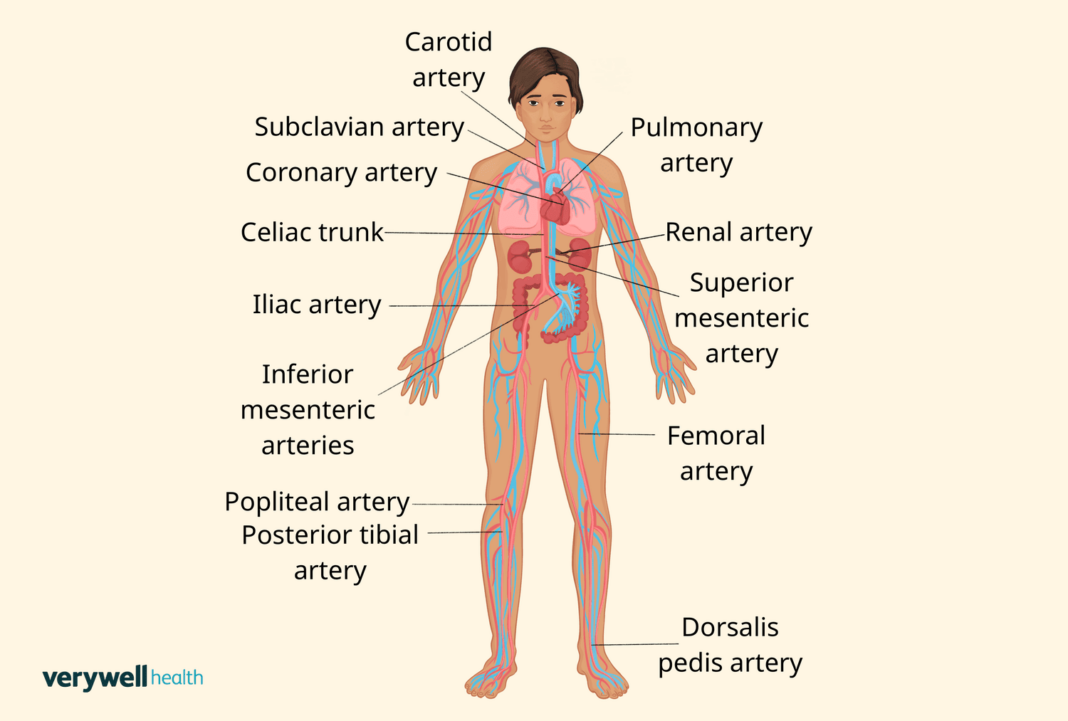Arteries in the Body: What Are Their Functions?
The Role of Arteries
Arteries are blood vessels that carry oxygen-rich blood away from the heart to various parts of the body. They play a crucial role in ensuring that all cells receive the oxygen and nutrients they need to function properly. Arteries are a key component of the circulatory system, which is responsible for supplying oxygen and nutrients to tissues and removing waste products from the body.
Functions of Arteries
1. Transporting Oxygen and Nutrients
One of the main functions of arteries is to transport oxygen and nutrients to cells throughout the body. When the heart beats, it pumps oxygen-rich blood into the arteries, which then carry it to different tissues and organs. This oxygen is essential for cellular respiration, the process by which cells produce energy.
2. Regulating Blood Pressure
Arteries also play a key role in regulating blood pressure. The walls of arteries are able to contract and relax in response to various signals from the body, helping to control the flow of blood and maintain optimal blood pressure levels. This is essential for ensuring that blood reaches all parts of the body efficiently.
3. Removing Waste Products
In addition to delivering oxygen and nutrients, arteries also help remove waste products from the body. As blood circulates through the body, it picks up waste products such as carbon dioxide and other metabolic byproducts. Arteries carry this blood back to the heart and lungs, where these waste products can be removed from the body.
4. Providing Oxygen to the Brain
The arteries that supply blood to the brain, known as the cerebral arteries, play a critical role in ensuring that the brain receives a constant supply of oxygen. The brain is highly sensitive to changes in oxygen levels, and even a brief interruption in blood flow can have serious consequences. Arteries help maintain a steady oxygen supply to the brain, protecting against conditions such as stroke.
Conclusion
Arteries are essential for maintaining good health and ensuring that all parts of the body receive the oxygen and nutrients they need. By transporting oxygen-rich blood, regulating blood pressure, removing waste products, and providing oxygen to the brain, arteries play a vital role in the functioning of the circulatory system. It is important to take care of your arteries through a healthy diet, regular exercise, and avoiding habits such as smoking that can damage these crucial blood vessels.
FAQs
Q: What can cause blockages in arteries?
A: Blockages in arteries can be caused by the buildup of plaque, a combination of fat, cholesterol, and other substances that can narrow the arteries and restrict blood flow. This can lead to serious health problems such as heart disease and stroke.
Q: How can I keep my arteries healthy?
A: To keep your arteries healthy, it is important to follow a balanced diet that is low in saturated fat and cholesterol, exercise regularly, maintain a healthy weight, and avoid smoking. These lifestyle choices can help reduce your risk of developing arterial blockages and other cardiovascular problems.




